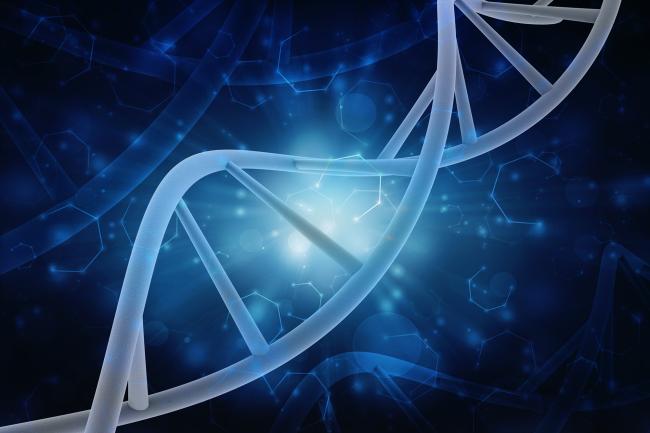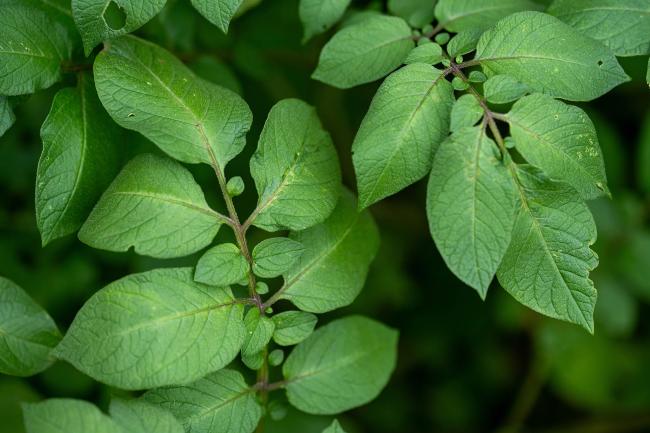Biography
I graduated in 2011 with a PhD in Biochemistry from the University of East Anglia (UEA) and John Innes Centre. During my PhD I studied plant natural product biochemistry, and characterised an triterpene synthase enzyme involved in the first committed step in the biosynthesis of avenacin, an oat root saponin involved in plant defence. After graduating, I continued my research in plant natural products as a Research Assistant at the John Innes Centre, Norwich. I studied the emergence of cyclisation in the sesquiterpenes of Artemisia annua to address the question of how plants had evolved the ability to synthesise cyclic natural products. This involved making and characterising large mutagenic gene libraries and through this work we adapted many standard cloning and protein biochemistry methods to be suitable for high-throughput workflows.
In 2015, I returned to UEA to apply my skills in protein engineering and high-throughput protein purification and characterisation to optimise and improve the catalytic flexibility of phytase enzymes used in the animal feed industry. During my time at UEA, I also participated in undergraduate teaching and mentored many 3rd year undergraduate and masters students during their lab-based projects.
I joined EI in September 2019 to work on the Darwin Tree of Life project. My project explores the metabolic diversity of UK plants and focuses on the Aster family (Asteraceae), one of the largest flowering plant families. Many of these plants have been cultivated for their medicinal properties, and many of these therapeutic effects have been attributed to triterpenes. However, little is known about the genetics involved in making these valuable molecules. Using a combination of genomics, molecular biology and protein biochemistry, this project aims to identify the genes responsible for the biosynthesis of these therapeutic metabolites. We also aim to study the evolution of these molecules within the Asteraceae and use a synthetic biology approach to enable bio-based production of these natural product pathways in the future.






